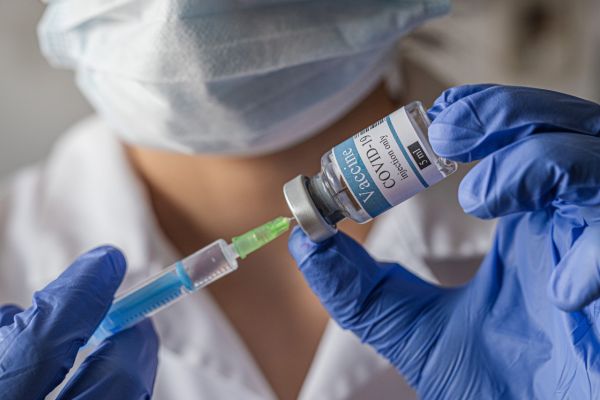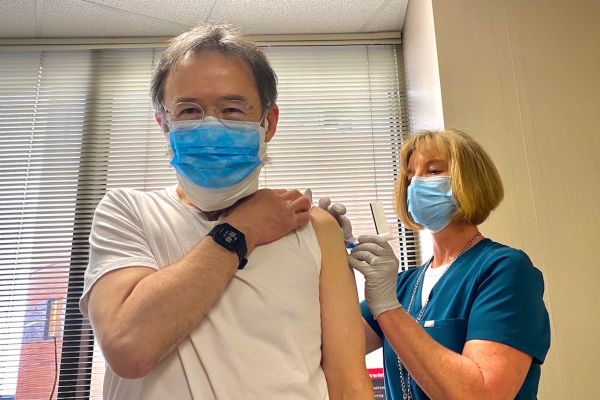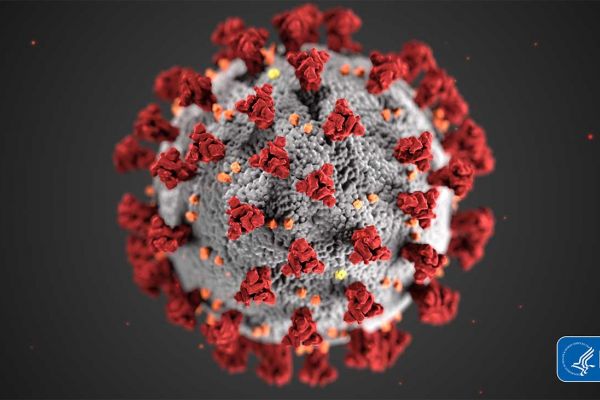Specializing In:
- Prevention, diagnosis and treatment of infections in patients with cancer
Research Interests:
- Innate immune responses in cancer
- Novel approaches to enhance antitumor immunity
Biography
Prior to joining Roswell Park, I completed a fellowship in Infectious Diseases at the National Institute of Allergy and Infectious Disease, NIH, Bethesda, MD. I have worked at Roswell Park Comprehensive Cancer Center for more than 20 years. I am Professor of Medicine at the Jacobs School of Medicine and Biomedical Sciences, University at Buffalo, and Chair of the Dept. of Internal Medicine, Chief of Infectious Diseases, and Member in the Department of Immunology at Roswell Park.
I am a physician-scientist engaged in patient care, education and research. My area of clinical expertise relates to infections in patients with cancer and stem cell transplant recipients. I've edited a textbook on management of infections in immunocompromised patients and served on several national panels that establish guidelines for preventing, diagnosing, and managing infections in these patients.
I lead an NCI-funded research laboratory at Roswell Park that studies innate immune responses in the tumor microenvironment and novel approaches to enhance anti-tumor immunity. One of the main themes of my research is that innate immune pathways that normally function to defend against infection and facilitate would repair can also impair anti-tumor immunity.
I have mentored numerous trainees in clinical medicine and research, including high school and college students doing summer research fellowships, medical students, immunology doctoral students, and post-graduate trainees.
Positions
Roswell Park Comprehensive Cancer Center
- Professor of Oncology
- Chief, Infectious Diseases
- Chair – Department of Internal Medicine
- Member
- Department of Immunology
Jacobs School of Medicine and Biomedical Sciences, University at Buffalo
- Professor of Medicine
Background
Education and Training
- 1992- MD - Albert Einstein College of Medicine, Yeshiva University, Bronx, NY
Residency
- 1992-1995 - Internal Medicine - Tufts New England Medical Center, Boston, MA
Fellowship
- 1995-1999 - Infectious diseases - National Institute of Allergy and Infectious Disease, National Institutes of Health, Bethesda, MD
Board Certification
- Infectious Disease, American Board of Internal Medicine
Professional Memberships
- American Association of Immunologists
- American Association of Cancer Research
- Infectious Diseases Society of America
Honors & Awards
- 2007-2023 - Top Doctors
- Fellow, Infectious Diseases Society of America
- University at Buffalo Exceptional Scholars Award for Sustained Achievement
Research Overview
Our lab studies innate responses in the tumor microenvironment (TME) with the overall goals of understanding mechanisms that drive tumor progression and developing novel prognostic biomarkers and therapeutic approaches. We find that the immune pathways that mediate antimicrobial host defense can also promote metastasis and impair antitumor immunity. Specifically, neutrophils can be reprogrammed in the TME to acquire a suppressor phenotype that inhibits T cell activation and impairs antitumor immunity. We identified mechanisms driving this neutrophil suppressor phenotype, including complement signaling and NADPH oxidase that are potential targets for therapeutic modulation. Based on this work, Dr. Emese Zsiros (Chair, Dept. of Gynecologic Oncology, Roswell Park) and I were awarded an NCI R01 to evaluate inhibiting complement C3 to enhance antitumor immunity and control malignant effusions in patients with recurrent epithelial ovarian cancer.
We have several collaborators within and outside Roswell Park with diverse areas of expertise that include immunology, cell signaling, epidemiology, and biostatistics and bioinformatics that enhance our research. I also have a long-standing track record for mentoring trainees in laboratory research, including doctoral students, post-docs, medical students, and clinical fellows.
Featured on CancerTalk
Showing all3 of 4 CollapseView all
Publications
Neutrophil interactions with T cells, platelets, endothelial cells, and of course tumor cells.
Segal BH, Giridharan T, Suzuki S, Khan ANH, Zsiros E, Emmons TR, Yaffe MB, Gankema AAF, Hoogeboom M, Goetschalckx I, Matlung HL, Kuijpers TW.
Immunol Rev. 2022 Dec 16. doi: 10.1111/imr.13178. Online ahead of print.
PMID: 36527200
Mechanisms Driving Neutrophil-Induced T-cell Immunoparalysis in Ovarian Cancer.
Emmons TR, Giridharan T, Singel KL, Khan ANH, Ricciuti J, Howard K, Silva-Del Toro SL, Debreceni IL, Aarts CEM, Brouwer MC, Suzuki S, Kuijpers TW, Jongerius I, Allen LH, Ferreira VP, Schubart A, Sellner H, Eder J, Holland SM, Ram S, Lederer JA, Eng KH, Moysich KB, Odunsi K, Yaffe MB, Zsiros E, Segal BH.
Cancer Immunol Res. 2021 Jul;9(7):790-810. doi: 10.1158/2326-6066.CIR-20-0922.
PMID: 33990375
Mature neutrophils suppress T cell immunity in ovarian cancer microenvironment.
Singel KL, Emmons TR, Khan ANH, Mayor PC, Shen S, Wong JT, Morrell K, Eng KH, Mark J, Bankert RB, Matsuzaki J, Koya RC, Blom AM, McLeish KR, Qu J, Ram S, Moysich KB, Abrams SI, Odunsi K, Zsiros E, Segal BH.
JCI Insight. 2019 Mar 7;4(5):e122311. doi: 10.1172/jci.insight.122311.
PMID: 30730851
Mitochondrial DNA in the tumour microenvironment activates neutrophils and is associated with worse outcomes in patients with advanced epithelial ovarian cancer.
Singel KL, Grzankowski KS, Khan ANMNH, Grimm MJ, D'Auria AC, Morrell K, Eng KH, Hylander B, Mayor PC, Emmons TR, Lénárt N, Fekete R, Környei Z, Muthukrishnan U, Gilthorpe JD, Urban CF, Itagaki K, Hauser CJ, Leifer C, Moysich KB, Odunsi K, Dénes Á, Segal BH.
Br J Cancer. 2019 Jan;120(2):207-217. doi: 10.1038/s41416-018-0339-8.
PMID: 30518816
Cancer in primary immunodeficiency diseases: Cancer incidence in the United States Immune Deficiency Network Registry.
Mayor PC, Eng KH, Singel KL, Abrams SI, Odunsi K, Moysich KB, Fuleihan R, Garabedian E, Lugar P, Ochs HD, Bonilla FA, Buckley RH, Sullivan KE, Ballas ZK, Cunningham-Rundles C, Segal BH.
J Allergy Clin Immunol. 2018 Mar;141(3):1028-1035. doi: 10.1016/j.jaci.2017.05.024.
PMID: 28606585



